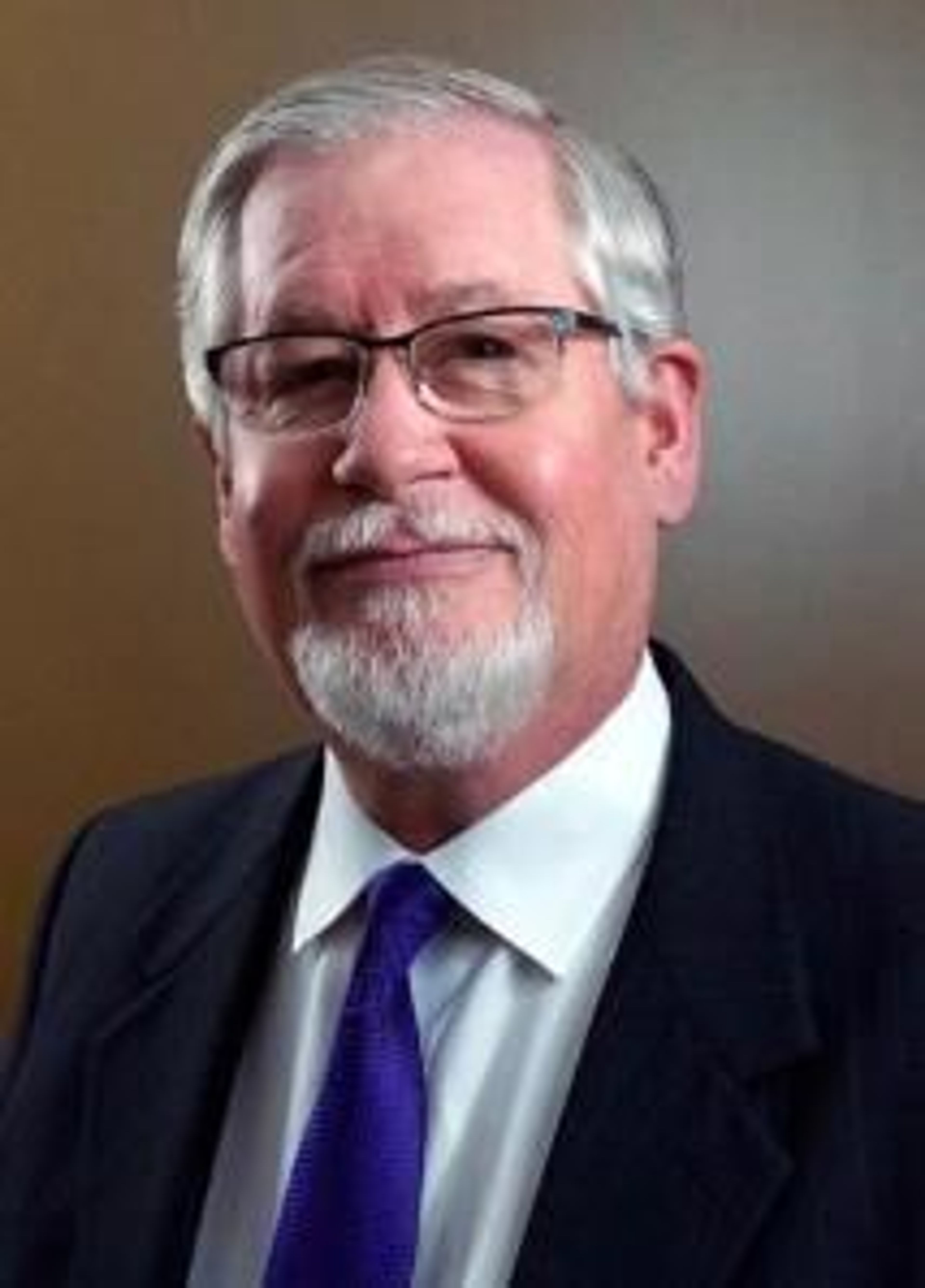Skaug steps back on youth testimony
Nampa representative proposes a change that allows children to testify — but only with parental permission
BOISE — After a strong response to his rule prohibiting those younger than the age of 18 from testifying, House Judiciary Chairperson Rep. Bruce Skaug, R-Nampa, changed course Friday.
“I’ve had a lot of calls. At first they were, a lot of them, vile, profane, insulting, but that’s tapered off and they’re more respectful and those are the ones I listen to,” Skaug said at the beginning of Friday’s meeting, in which more than 20 school students were in attendance.
He said one of the calls he got was from a 75-year-old Middleton man who said he disagreed with the policy but joked that he would be OK if millennials were excluded.
“With his call and listening to others, we’re going to modify that rule a little bit,” Skaug said.
The updated rule states children may testify if a parent or guardian is present, or with a permission slip signed by a parent or guardian. However, he added, “adults may be given preference in the order of testimony.”
Bishop Kelly High School junior Lucina Glynn thought the modification was “a step in the right direction,” but still thought it added unnecessary hurdles by requiring parental permission.
“I am only 16 years old, and I was looking forward to testifying on some of these bills and making sure my voice was heard,” Glynn said.
Shiva Rajbhandari, a Boise High School senior and Boise School District board member, wasn’t appeased by the change. Rajbhandari, who also is the youth director of BABE Vote, was one of the main voices of opposition when the rule was first announced.
“I think it’s redundant and it’s a total bait and switch,” he said. “You already need a parental excuse to get out of school to come and testify. For Skaug to switch from saying, ‘we don’t want students to testify at all, because they take too much time,’ to ‘this is a parental rights issue,’ it’s genius but it’s not acceptable.”
During the meeting, committee member Rep. Colin Nash, D-Boise, wanted to ask a question about the rule, but Skaug had moved on to proposed legislation.
Nash told the Moscow-Pullman Daily News that his understanding of House Rule 26 is it would require action by the committee to exclude public testimony. The rules states, “All regular meetings of any standing, special or select committee of the House of Representatives shall be open to the public at all times. Any person may attend any meeting of any standing or select or special committee, but may participate in said committee only with the approval of the committee itself.”
“So if we are going to prevent youth from testifying on account of their age for a lack of permission slip or otherwise consistent with House Rule 26, the committee would need to take affirmative action,” Nash said.
Skaug said during the meeting, “The goal is to let everyone testify, but I want their parents to know about it.”
Bishop Kelly senior Maggie Avey said the qualifier that some priority would be given to adults in the interest of time caused her to question if it might still prohibit many young people from speaking. She said it made those in attendance wonder if there will actually be a change.
Nash also said the committee deals with issues that are pertinent to young people, so he believes they should be able to testify.
“In our committee, we make laws that intimately affect people of all ages, especially youth,” Nash said. “We deal with sex crimes, we deal with punishments for children, which could include life sentences. … And I have concerns about imposing prior restraints on youth testimony given the subject matter we handle in our committee.”
Guido covers Idaho politics for the Lewiston Tribune, Moscow-Pullman Daily News and Idaho Press of Nampa. She may be contacted at lguido@idahopress.com and can be found on Twitter @EyeOnBoiseGuido.


